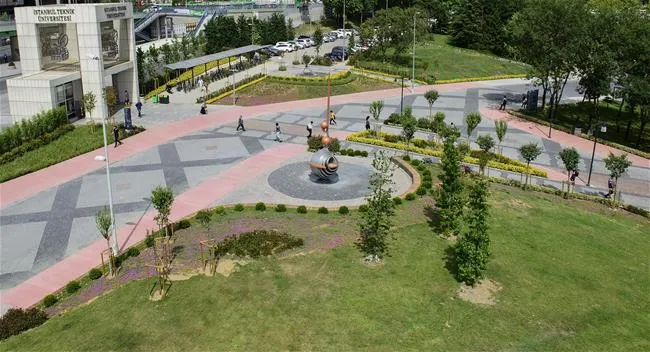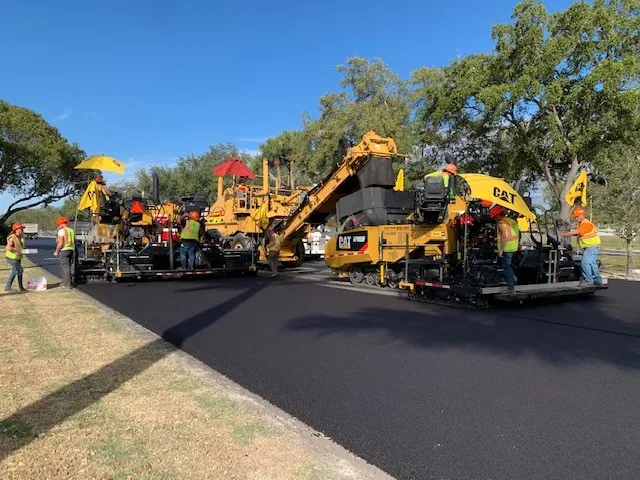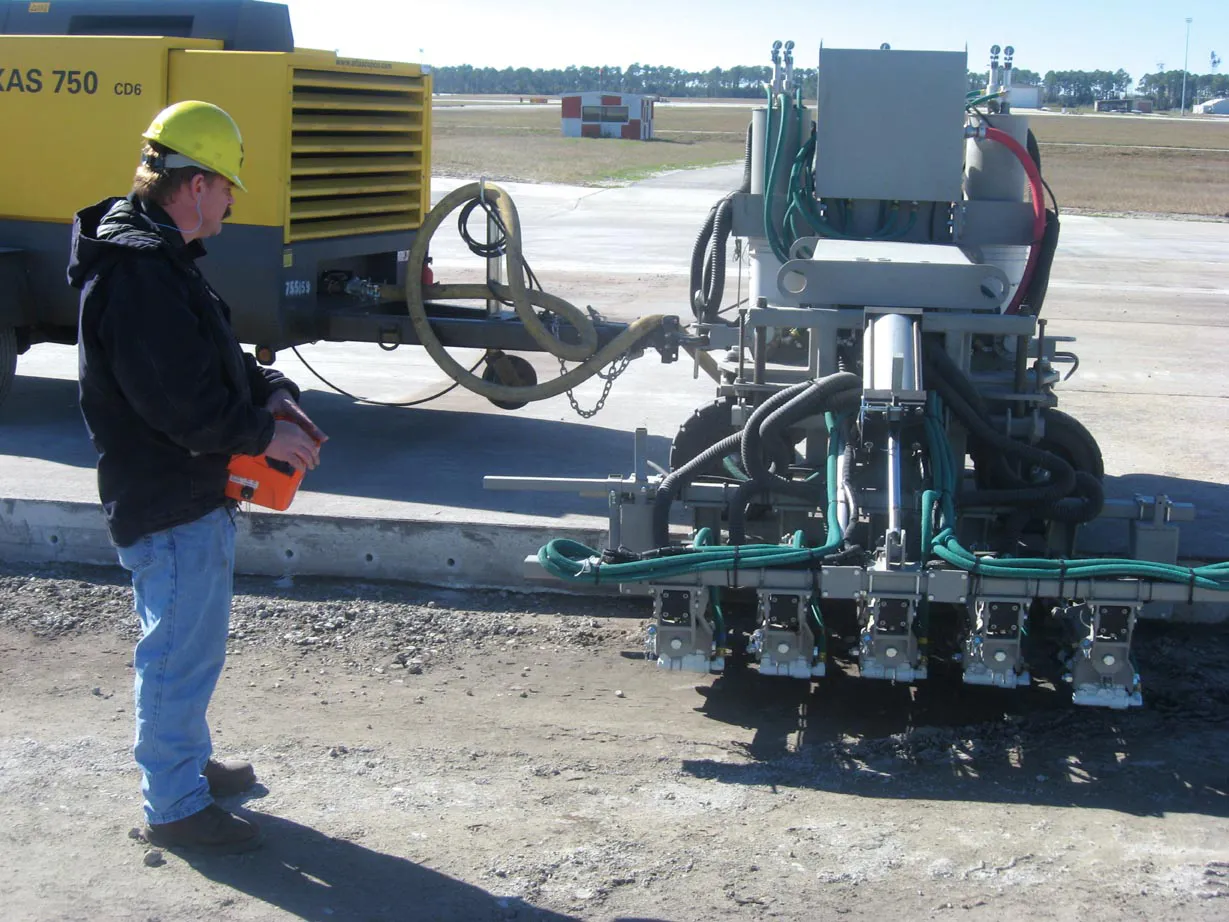Ari Gate and the entrance to Ayazağa Campus are now pedestrian- and bicycle-friendly as part of Istanbul Technical University’s ongoing Green Campus project. The university is more than 250 years old and has five campuses spread throughout the centre of historic Istanbul, Turkeys former capital and now a financial and transport hub. The network of campuses and myriad buildings make it extremely difficult for staff and students to get around quickly and efficiently so they must resort to a vehicle, either ca
July 21, 2017
Read time: 2 mins

Ari Gate and the entrance to Ayazağa Campus are now pedestrian- and bicycle-friendly as part of Istanbul Technical University’s ongoing Green Campus project.
The university is more than 250 years old and has five campuses spread throughout the centre of historic Istanbul, Turkeys former capital and now a financial and transport hub. The network of campuses and myriad buildings make it extremely difficult for staff and students to get around quickly and efficiently so they must resort to a vehicle, either car of public transport.
“And that’s not the only reason why creating a bike lane was a major challenge for the university,” said Sis Alkan, head of building and technology at İTÜ. The institution is state-run so it has a limited budget which forced the planners in this case to consider new ideas. “During the course of our research, we came across4009 Evonik and its 1659 Degaroute product.”
The core of the Green Campus project is a 6km bike lane of which Evonik has sponsored 1km. Evonik, a German specialty chemicals company, supplied a durable methyl methacrylate (MMA) cold spray to put down all markings and symbols and the bike lane was open after three days of work.
E|vonik used the rapidly processed two-component system based on Degaroute reactive resins and which can be used for a variety of applications including flat line, structured and profile markings. The product %$Image:ext-gen1280 2 0 /EasySiteWeb/EasySite/SupportFiles/ExtJS/4/resources/themes/images/default/s.gif 0 0 0 false false false false %>hardens within 20 minutes.
The university is more than 250 years old and has five campuses spread throughout the centre of historic Istanbul, Turkeys former capital and now a financial and transport hub. The network of campuses and myriad buildings make it extremely difficult for staff and students to get around quickly and efficiently so they must resort to a vehicle, either car of public transport.
“And that’s not the only reason why creating a bike lane was a major challenge for the university,” said Sis Alkan, head of building and technology at İTÜ. The institution is state-run so it has a limited budget which forced the planners in this case to consider new ideas. “During the course of our research, we came across
The core of the Green Campus project is a 6km bike lane of which Evonik has sponsored 1km. Evonik, a German specialty chemicals company, supplied a durable methyl methacrylate (MMA) cold spray to put down all markings and symbols and the bike lane was open after three days of work.
E|vonik used the rapidly processed two-component system based on Degaroute reactive resins and which can be used for a variety of applications including flat line, structured and profile markings. The product %$Image:
To make the bike lane as safe as possible, a base layer with anti-skid aggregate was applied followed by a top coat. “This created a anti-skid surface,” says Melih Durmuş from the Altekma Group, the local company that completed the work. In all, 4tonnes of materials were used to treat the around 2,600m² of bike lane.
In addition to the new bike lanes, the university is now planning to open a bike store on the campus.









